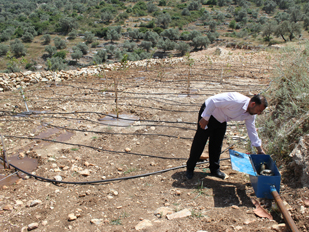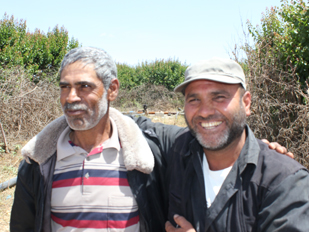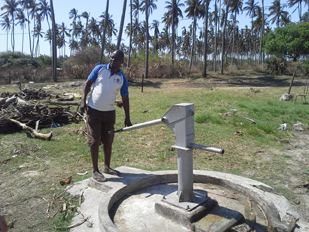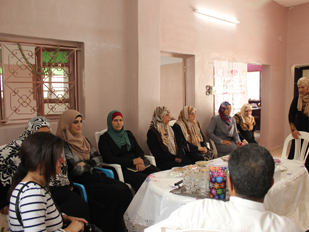Human Rights Day is celebrated every year on 10 December. It commemorates the day when, in 1948, the United Nations General Assembly adopted the Universal Declaration of Human Rights.
Human Rights Day is a call to all to defend the rights of the other.
On 28 July 2010, through Resolution 64/292, the UN General Assembly explicitly recognized the human right to water and sanitation, reaffirming that clean drinking water and sanitation are essential for the realization of all human rights.
This basic right is not available to millions of people:
• At present some 660 million people still lack access to drinking water sources.
• 1.8 billion people use a source of water that is contaminated with faecal matter.
• Water scarcity affects over 40% of the world’s population, and this figure is expected to increase.
• 2.4 billion people lack access to basic sanitation services, such as toilets or latrines.
• About 1,000 children die each day from preventable diarrheal diseases related to water and sanitation.
• Approximately 70% of the water extracted from rivers, lakes and aquifers is used for irrigation.
Even so, it should be noted that between 1990 and 2015, the proportion of the world’s population using better drinking water sources increased from 76% to 91%.
FPSC develops the following projects to guarantee the right to water and sanitation to vulnerable populations in Palestine and Mozambique:
This AECID agreement aims to promote a sustainable rural development model (objective ODS No. 2) in Tulkarem and Qalqilya that can be replicated in other localities and by other colective groups. A responsible and environmentally responsible production model will be created and women’s empowerment will be promoted by improving their socio-economic level and their entrepreneurial and institutional capacities by incorporating them into the productive process with equity, within the framework of ODS Objective 5 “Achieve gender equality and empower all women and girls”

The present project aims to encourage the use of unconventional water sources to improve sustainable rural development and improve safe access to treated water for Palestinian farmers, under ODS objective 6: “to ensure water availability its sustainable management and sanitation for all.” It is co-financed by AECID.
Promotion of a sustainable rural development in Gaza to reduce vulnerability and increase resilience

The objective of the project is to promote sustainable agricultural initiatives that reduce the vulnerability of rural families in the northern part of the Gaza Strip by rehabilitating wells and specialized training of farmers to optimize water resources management. In addition, the use of renewable energy in poultry production is promoted through the installation of solar energy systems on 27 Gaza farms, contributing to “ensuring access to affordable, secure, sustainable and modern energy for all” (objective 7 of ODS).

The project, co-financed by Canal Voluntarios, has two main objectives: to improve water supply (objective 6 of ODS) in schools, health centres and villages and to promote adequate hygiene habits in the Mozambican regions of Buzi, Chimbabava and Machanga, “ensuring a Healthy life and promote the well-being for all at all ages” (objective ODS No. 3) and “achieving food security and nutrition improvement” (objective 2 of the ODS).


